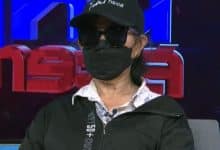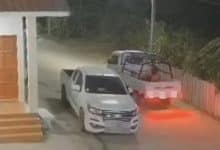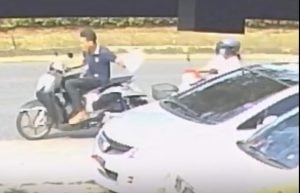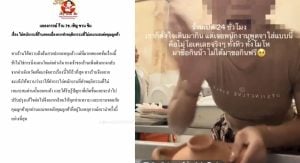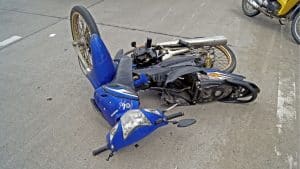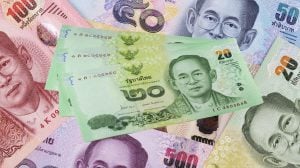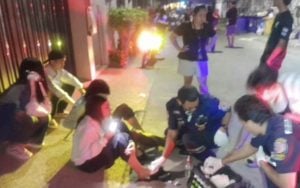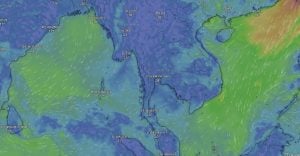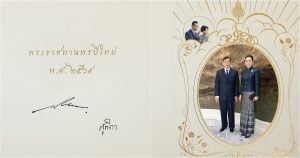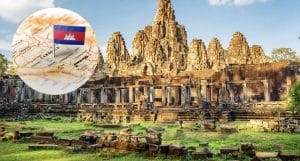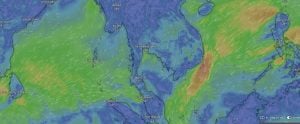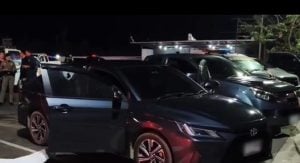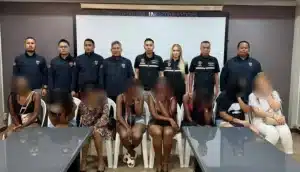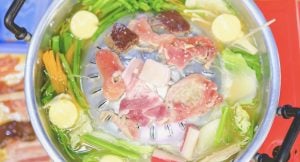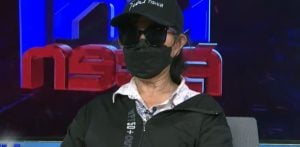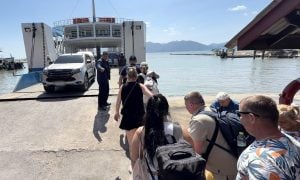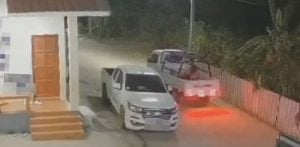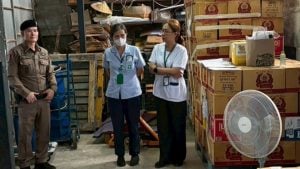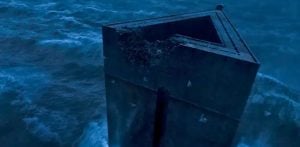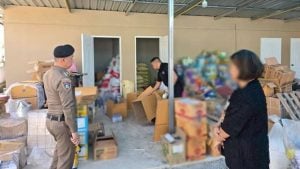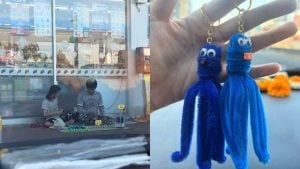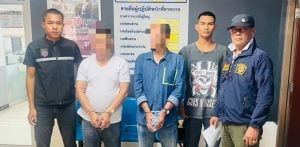Suspected insurgent dies in military custody, court rules no foul play
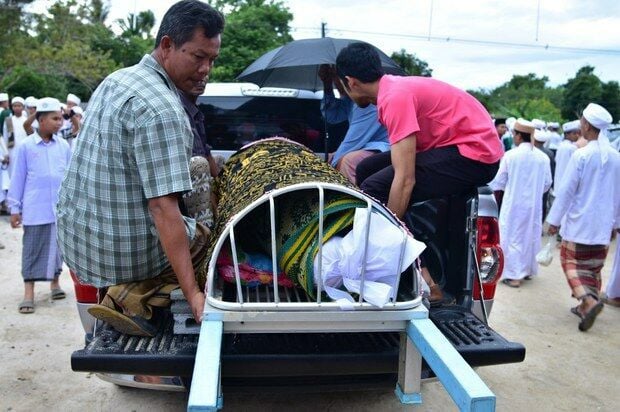
Yesterday, a court in Songkhla province, southern Thailand, ruled that there was no evidence of foul play in the case of a suspected insurgent who fell into a coma and died while being held in military custody in Pattani province in 2019.
A suspected leader of an insurgency group accused 34 year old Abdullah Esomuso of being involved with a series of rebel attacks in Thailand’s Deep South. The military arrested Abdullah and held him for 10 hours at Fort Inkayuthaboriharn, an army camp in Pattani province, southern Thailand.
Abdullah was found unconscious at 3am on July 21, 2019, inside an interrogation centre at the camp, raising questions about whether he had been beaten or tortured by military interrogators. Abdullah died at a hospital 2 months later, still in military custody, on August 25, 2019.
Abdullah’s family say they are disappointed with the court’s ruling as they had hoped military personnel would be charged in connection with his death.
Pornpen Khongkachonkiet, Director of the Cross-Cultural Foundation, an NGO assisting Abdullah’s family with the court case, told BenarNews…
The court ruled “evidence and witnesses could not establish that Abdullah died of physical attack. Therefore, it ruled that he died of oxygen deprivation to the brain and the heart ceased to function during the detention in Fort Inkayuthaboriharn.”
However, the court did not provide details about the cause of the oxygen deprivation to Abdullah’s brain or how his heart “stopped”.
“Oxygen deprivation and the suffocation must have been caused by humans,” argued Pornpen.
The court’s decision, made after a 2-year long inquest, considered testimony from 21 people including 13 military officers and police investigators.
After an initial autopsy, doctors said they found no signs of torture on Abdullah’s body…
“According to the doctors, the cause of death was severe pneumonia and septic shock, which happened after he had suffered from hypoxic ischemic encephalopathy [oxygen deprivation to the brain],” said Abdul-asib Tadae-ing, a member of the Committee to Protect Human Rights in the Deep South.
Abdullah’s widow Sumaiyah Minga listened to the court’s ruling via teleconference…
“I have to accept the ruling. But I was prepared to face never winning the case… I just fought the best I could.”
Thailand’s Prime Minister and former army chief Prayut Chan-o-cha denied that Abdullah had been tortured. PM Prayut called on authorities to ensure that CCTV cameras were in operation at all times…
“The government says all along it does not have a policy to use violence on suspected individuals or suspects. There must be videotape on hand every time to avoid problems in the future.”
The separatist insurgency in Thailand’s Deep South region – encompassing Pattani, Narathiwat, Yala and some parts of Songkhla – has claimed the lives of more than 7,300 people since 2004.
SOURCE: Benar News
Latest Thailand News
Follow The Thaiger on Google News:
